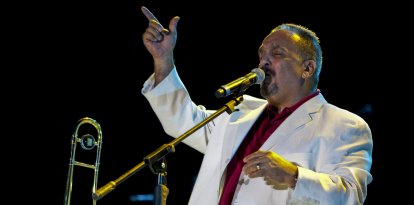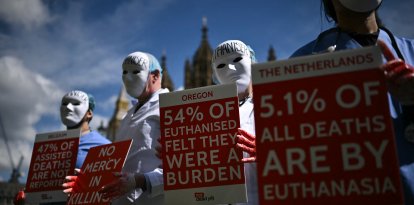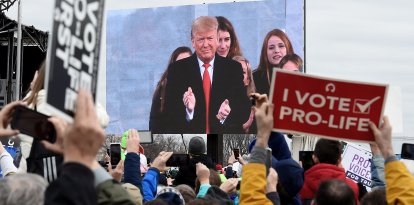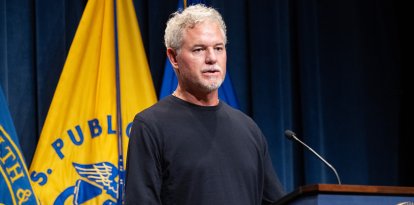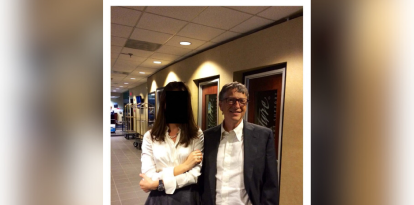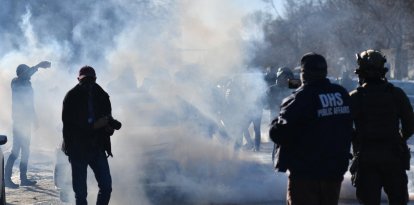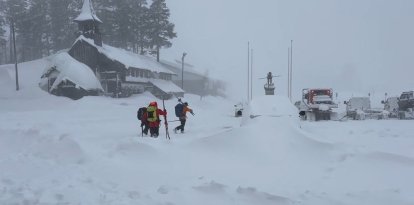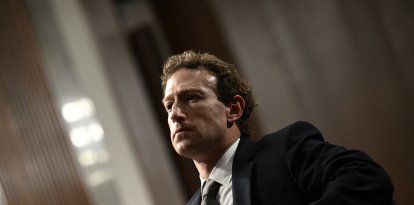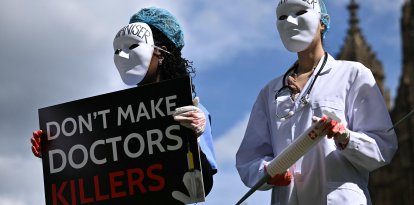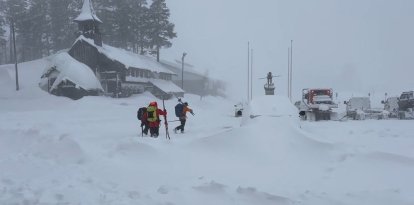Pope Francis: 10 years as pontiff
The pope's broad activity throughout the decade includes defending the environment, supporting youth and reforming the Roman Curia.

(Cordon Press)
March 13 marks the 10-year anniversary of Francis' election as pope. In this decade, the pope published a new Apostolic Constitution, Praedicate Evangelium, reformed the Roman Curia, wrote three encyclicals and five apostolic exhortations, made 40 trips, convoked five synods and elevated 911 new saints to the altars. The main themes of his papacy have been the synodality of the Catholic Church, care for nature and the poor, especially immigrants, and the fight against pederasty, seeking greater transparency. He has also been at the center of several controversies, especially for his stance on homosexuals.
Roman Curia reform and abuses
The then-Cardinal Jorge Mario Bergoglio arrived at the conclave that was to elect Benedict XVI's replacement as Archbishop Primate of Buenos Aires. Benedict XVI's resignation was understood by many to be due to the need to undertake a profound reform of the Roman Curia and the church, which the German did not feel strong enough to do. This has been one of Francis' priorities, culminating in the promulgation of a new apostolic constitution last year.
He has also had to fight against allegations of pederasty against priests, to which he has applied a zero-tolerance policy when it comes to protecting the victims and their families. The Vatican has promoted a policy of collaboration and transparency that has been transmitted to the other Episcopal Conferences in the face of this serious scandal.
The poor and immigrants
Since his proclamation, after the resignation of his predecessor, the first Latin American Pope made his vision of the Church clear: "I want a Church by and for the poor." Since then, with a special concern for the drama of immigration and the dead trying to reach a better life far from their homeland, immigrants have been at the center of many of his messages. The encyclical Fratelli Tutti (2020) takes up the pope's call for an "open fraternity, which makes it possible to recognize, value and love every person beyond physical proximity, beyond the place in the universe where he/she was born or where he/she lives."
"The first environmentalist pope"
Concern for the environment is another of Francis' main characteristics. Known as "the first environmentalist pope," Francis published in 2015 his second encyclical Laudato Si in which he criticizes "throwaway culture" and invites us to leave "a habitable planet for the humanity that will follow us." In addition, Francis instituted the idea of an "ecological sin," which is "an action or omission against God, the community and the environment. It is a sin against future generations and manifests itself in acts and habits of pollution and destruction of the harmony of the environment."
Family and youth
Young people and the family have also played a leading role in the pope's actions and writings. He has held two World Youth Days, in Rio de Janeiro, Brazil (2013) and Krakow, Poland (2016), and he will hold a third in the summer of 2023 in Lisbon, Portugal. In addition, he dedicated the apostolic exhortation Christus Vivit to the youth, encouraging them to live their faith and trust in God in the face of life's difficulties and to search for their own vocation. Pope Francis tells young people that believers "are not weird." They should not be "defensive" when they speak of their faith, but rather show the joy of the resurrection.
Homosexuals
One of the main focuses of the debate surrounding Pope Francis is his stance on homosexuals. Francis has always advocated for the integration of homosexual Catholics and has sent messages of affection and understanding to these people. The pope stressed that "God is a father and does not deny any of his children," when asked what he would say to a young gay man. "I would have him see that it is not 'the rejection of the Church' but of 'people of the Church.' The Church is a mother and summons all her children," he assured. According to the pope, this can be seen in "the parable of those invited to the feast: 'just, sinners, rich and poor, etc.' A 'selective' Church, a Church of 'pure blood', is not Holy Mother Church, but a cult." In this regard, he went so far as to say that "The Church must 'ask forgiveness' from homosexuals."
The pope, defender of the family and of life from conception to natural death, has been at the center of some of the biggest controversies in this field. In his apostolic exhortation Amoris Laetitia, Francis sought reproach with divorced Catholics, especially those who have remarried, saying, "It is important to make them feel that they are part of the Church, and that they are 'not excommunicated' and are not treated as such, because they are always part of the ecclesial communion." This generated much controversy in certain ecclesiastical spheres.
Abortion is "hiring a hitman"
One of the first and most important controversies of his papacy was over some of his statements on procreation in the family. Asked, on a return trip from Manila to Rome, about openness to the life of Christian marriage, he pointed out that "some believe that to be good Catholics, forgive me the word, we must be like rabbits. No: responsible parenthood."
His vehement defense of life also provoked intense reactions. Especially at the moment when he affirmed that abortion, not only is not a right, but "is a homicide," comparing it to hiring a hitman to kill another person.
International controversies
The pope's speeches have led him to clash with political leaders around the world. For example, Spanish leaders harshly criticized his words about asking forgiveness from the Americas for the abuses committed during the conquest of these continents. The construction of the wall between Mexico and the U.S. led him to criticize Donald Trump. More recent were the accusations against the government of Daniel Ortega in Nicaragua, which he described as a "gross dictatorship" and went so far as to describe the leader as unbalanced.
The pope also lived through the COVID-19 pandemic, and the image of him praying alone in St. Peter's Square went around the world. After the Russian invasion of Ukraine, the pope has not stopped working for peace, offering to mediate with both governments and repeatedly calling for a ceasefire.













